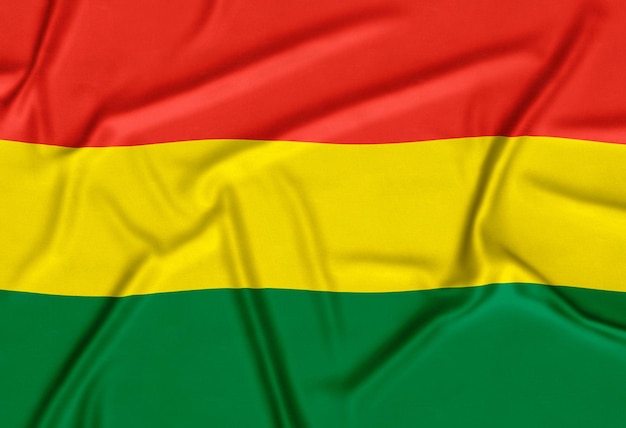Bolivia – 10 Fascinating Facts About the Land of Contrasts

Bolivia is the highest country in South America, with average elevations of over 11,000 feet.
Bolivia is home to the world’s largest salt flat, Salar de Uyuni.
Lake Titicaca, located in Bolivia, is the highest navigable lake in the world.
Bolivia has more indigenous languages spoken than any other country in the Americas.
The official name of Bolivia is the Plurinational State of Bolivia.
The Bolivian city of La Paz is the highest capital city in the world.
Bolivia has a colorful carnival celebration called Oruro Carnival, which is recognized as a Masterpiece of the Oral and Intangible Heritage of Humanity by UNESCO.
Bolivia is known for its rich indigenous culture and traditional clothing, which varies by region.
Bolivia has a diverse range of ecosystems, including the Amazon rainforest, the Andes mountains, and the Altiplano.
Bolivia’s national tree is the quenua, a species of Andean hardwood.
Bolivian cuisine is known for its use of traditional ingredients like quinoa and potatoes.
Bolivia has the largest butterfly sanctuary in the world, called Mariposario Guembe.
The Bolivian flag features three horizontal stripes of red, yellow, and green, with the country’s coat of arms in the center.
Bolivia has the largest deposit of lithium in the world, making it a prominent player in the global lithium industry.
The famous Bolivian landmark, El Cerro Rico, is a mountain known for its rich silver deposits.
Bolivia – 10 Fascinating Facts About the Land of Contrasts part 2
Bolivia has numerous national parks, including Madidi National Park, where jaguars and tapirs can be found.
Bolivia is the birthplace of the traditional Andean instrument, the charango.
The Bolivian Amazon Rainforest is one of the most biologically diverse regions on Earth.
Bolivia has a unique transportation system called teleferico, which consists of cable cars connecting different parts of the cities.
Bolivia is one of the few landlocked countries in South America.
Bolivia has a large population of indigenous communities, including Aymara and Quechua.
Bolivia has a prominent position in coca production, which is used for traditional and medicinal purposes.
Bolivia is famous for its silver mining history, which dates back to the Spanish colonial period.
Bolivia has hosted several Dakar Rally events, featuring off-road racing through challenging terrains.
The Bolivian city of Potosi was once one of the richest cities in the world due to its silver mines.
The national sport of Bolivia is football, and the national team is known as La Verde.
Bolivia has a vibrant traditional music scene, including genres like saya and carnavalito.
The Bolivian salt flats are so flat that they are used to calibrate satellite instruments.
The Bolivian jungle is home to a vast array of wildlife, including sloths, jaguars, and colorful macaws.
Bolivia has a unique culinary tradition called chuflay, which is a mix of wine, soda, and peaches.
Bolivia has a famous tourist attraction called Valle de la Luna, or Moon Valley, known for its otherworldly landscapes.
Bolivia is known for its traditional arts and crafts, including intricate textiles and pottery.
The Bolivian city of Sucre is a UNESCO World Heritage Site and the constitutional capital of the country.
Bolivia has a rich history of ancient civilizations, including the Tiwanaku culture and the Inca empire.
Lake Titicaca, shared by Bolivia and Peru, is believed to be the birthplace of the Incas.
Bolivia’s national flower is the cantuta, a colorful Andean blossom.
Bolivia has a unique geological feature called Yungas Road or Death Road, known for its dangerous conditions.
The Bolivian military parade on Independence Day is one of the largest and most impressive displays in South America.
Bolivia has 37 official languages recognized by the government, reflecting its multicultural and diverse society.
Bolivia has a vibrant music and dance scene, including traditional forms like caporales and tinku.
Bolivia is home to the iconic Andean camelid, the vicuna, known for its soft and valuable wool.
Bolivia’s stunning landscapes have been featured in several movies, including parts of the James Bond film Quantum of Solace.
Bolivia has a unique folklore tradition called diablada, which features elaborate devil masks and costumes.
Bolivia is known for its traditional herbal medicine practices, using plants native to the Andean region.
The Bolivian city of Santa Cruz is the country’s economic and industrial hub, known for its rapid development.